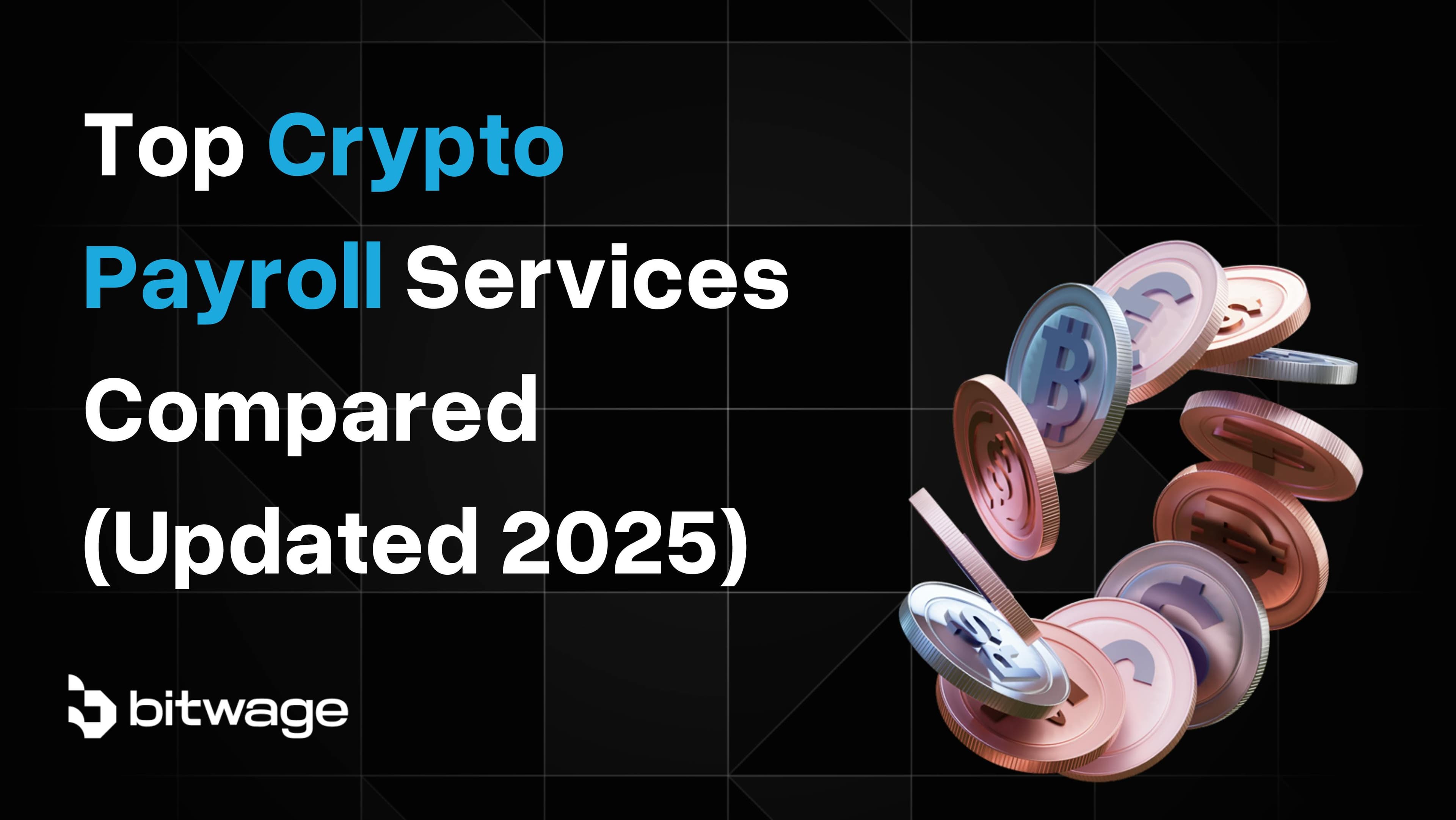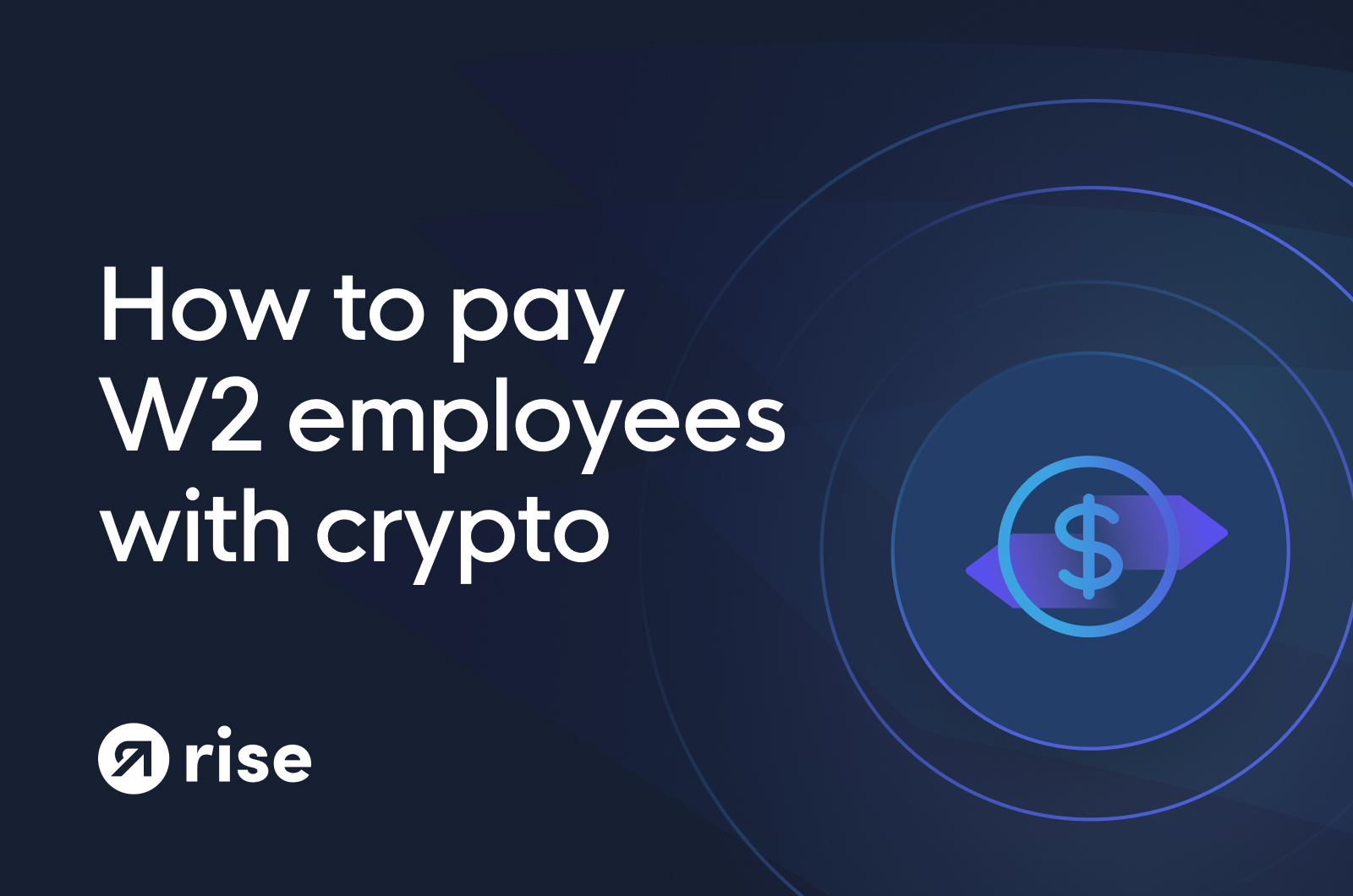
As cryptocurrency adoption accelerates among global businesses, employers are increasingly exploring the option of paying employees in digital assets like Bitcoin, Ethereum, or stablecoins such as USDC. While this approach offers speed and efficiency for cross-border payroll, it also introduces a web of tax and compliance obligations that demand rigorous attention. In 2025, understanding the crypto payroll tax implications is not just prudent – it’s essential for legal and financial risk management.

How the IRS Classifies Cryptocurrency Compensation
The Internal Revenue Service (IRS) treats cryptocurrency as property, not currency. This seemingly technical distinction has profound consequences for employers. When you pay employees in crypto, you must withhold federal income tax, Social Security, Medicare (FICA), and Federal Unemployment Tax Act (FUTA) taxes – just as you would with cash wages. The value to report is the fair market value in U. S. dollars at the time of payment, which must be documented on Form W-2 for each employee.
This means your payroll process must capture the exact dollar value of each crypto disbursement at the moment it leaves your wallet – regardless of what happens to its value afterward. The IRS further clarifies that employees receiving crypto wages will also face capital gains or losses when they eventually sell or exchange those assets. For more details on how digital assets are taxed by the IRS, consult their official guidance.
Wage Law Compliance: Dollars First, Crypto Second
Employers must tread carefully to avoid running afoul of wage and hour laws. The Fair Labor Standards Act (FLSA) mandates that base wages and overtime be paid in “cash or negotiable instruments payable at par” – a category that does not include cryptocurrencies. As a result, most companies choosing to embrace crypto compensation do so solely for bonuses or incentive payments rather than as a replacement for regular salary.
This distinction is crucial: failure to pay minimum wage or overtime in U. S. dollars could trigger costly litigation or regulatory action. Some states may have even stricter requirements regarding wage payments and permissible forms of compensation.
Tax Residency and Cross-Border Crypto Salary Taxes
The complexity multiplies when your workforce is international. Tax residency determines which jurisdiction’s rules apply to both employer and employee – an issue that becomes particularly thorny with remote teams scattered across borders. Each country may have its own interpretation of how to tax crypto payroll; some treat it as ordinary income while others may impose additional reporting requirements or restrictions.
Key Cross-Border Crypto Salary Tax Considerations
-

Determine Employee Tax Residency: The tax treatment of crypto salaries depends on each employee’s tax residency status, which dictates which national tax regimes apply. Employers must verify and document employees’ tax residency to ensure correct withholding and reporting.
-

Comply with U.S. Federal and State Wage Laws: The Fair Labor Standards Act (FLSA) requires base wages and overtime to be paid in U.S. dollars, not cryptocurrency. Bonuses or incentives may be paid in crypto, but base compensation must meet minimum wage requirements in USD.
-

Withhold and Report Taxes in USD: The IRS classifies cryptocurrency as property. Employers must withhold income, Social Security, and Medicare taxes based on the fair market value of the crypto at payment time, and report it in U.S. dollars on Form W-2.
-

Monitor Exchange Rate Volatility: Crypto’s price fluctuations can result in wage compliance issues, especially if value drops after payment. Employers should closely track exchange rates and consider prompt conversion to USD to avoid violating minimum wage or overtime laws.
-

Review State and International Labor Laws: Some U.S. states and foreign jurisdictions require wages to be paid in local currency, potentially restricting crypto payments. Employers must consult local labor laws to ensure compliance in every relevant jurisdiction.
-

Use Established Crypto Payroll Platforms: Platforms like Bitwage and Request Finance help automate tax withholding, reporting, and conversion between fiat and crypto, simplifying compliance for cross-border teams.
-

Consult Legal and Tax Professionals Regularly: Given the evolving regulatory environment, working with experienced legal and tax advisors is essential to stay compliant with all federal, state, and international requirements related to crypto compensation.
For example, if your developer resides outside the U. S. , their local tax authority may classify their crypto income differently from the IRS approach described above. Employers must perform due diligence on local regulations before issuing any digital asset compensation internationally.
The Volatility Challenge: Minimum Wage Risks
Cryptocurrency volatility is not just an investment concern – it can also create payroll headaches. If you pay an employee $3,000 worth of Bitcoin today but its price drops sharply before they convert it to fiat currency, you may inadvertently violate minimum wage laws if their effective compensation falls below legal thresholds. To mitigate this risk, many employers choose stablecoins like USDC for bonuses or limit crypto payments to amounts well above statutory minimums.
This evolving landscape underscores why consulting with experienced legal and tax professionals is indispensable when considering paying employees in cryptocurrency. In the next section, we’ll explore practical steps for compliance and risk mitigation strategies tailored to today’s regulatory realities.
Practical Steps for Crypto Payroll Compliance
Integrating cryptocurrency into your payroll system requires more than just technical infrastructure. Employers must establish robust internal processes to ensure every crypto payment is properly valued, documented, and reported. Here are the foundational steps for maintaining compliance:
Steps for Employers to Ensure Compliant Crypto Payrolls
-

Pay Base Wages in U.S. Dollars: To comply with the Fair Labor Standards Act (FLSA) and most state laws, ensure all base wages and overtime are paid in U.S. dollars. Cryptocurrency can only be used for bonuses or incentives, not regular wages.
-

Withhold and Report Taxes Accurately: Calculate and withhold federal income, Social Security, and Medicare taxes on the fair market value of cryptocurrency at the time of payment. Report this value on IRS Form W-2 for each employee.
-

Monitor Cryptocurrency Volatility: Track exchange rates closely to avoid underpayment due to value fluctuations. Consider converting crypto wages to U.S. dollars promptly to ensure compliance with minimum wage and overtime laws.
-

Comply with State Wage Laws: Review state-specific regulations to confirm if cryptocurrency payments are permitted, as some states require wages to be paid in U.S. currency or negotiable instruments.
-

Use Reputable Crypto Payroll Processors: Consider established services like Bitwage or Request Finance to facilitate compliant crypto payroll, automate tax withholding, and maintain accurate records.
-

Conduct Due Diligence on Digital Assets: Verify that the cryptocurrency used is not classified as a security by regulators to avoid potential securities law violations. Research and document the regulatory status of any digital asset offered as compensation.
-

Consult Legal and Tax Professionals: Stay updated on evolving federal and state crypto payroll laws by working with experienced legal and tax advisors to ensure ongoing compliance and mitigate risks.
First, select a reputable payroll platform capable of real-time conversion and precise recordkeeping. This is essential for capturing the fair market value in U. S. dollars at the exact moment of payment, a non-negotiable requirement for IRS reporting. Second, coordinate closely with tax advisors to determine appropriate withholding amounts, especially if employees are located in different tax jurisdictions. Third, communicate transparently with employees about how their crypto compensation will be taxed and reported, including potential capital gains obligations when assets are later sold or exchanged.
Implementing these controls not only minimizes regulatory risk but also fosters trust with your workforce, an increasingly important factor as digital asset compensation becomes more common.
Navigating Securities Law and Due Diligence
Another critical consideration is whether the cryptocurrency used for payroll could be classified as a security by regulators. If so, distributing it as compensation may inadvertently trigger securities law violations or additional disclosure requirements. Employers should conduct thorough due diligence on each digital asset under consideration, favoring widely accepted cryptocurrencies like Bitcoin or USDC over less-established tokens that may invite regulatory scrutiny.
Staying current on evolving legal definitions and enforcement trends is paramount; what qualifies as a utility token today may be reclassified as a security tomorrow.
Recordkeeping and Audit Trails: No Room for Error
The IRS expects meticulous recordkeeping when it comes to digital asset transactions. Employers must retain documentation showing:
- Date and time each crypto payment was made
- Fair market value in U. S. dollars at payment time
- Wallet addresses involved
- Withholding calculations and remittances
- Reporting on all required forms (e. g. , Form W-2)
This level of detail not only supports accurate tax filings but also provides crucial evidence in the event of an audit or employee dispute. Automated tools that integrate blockchain data with traditional accounting systems can streamline this process, reducing manual error risk.
Looking Ahead: Best Practices for Forward-Thinking Employers
The landscape of paying employees in cryptocurrency is dynamic, shaped by shifting regulations and technological innovation. To remain compliant while leveraging the benefits of cross-border crypto salary payments, employers should:
- Monitor regulatory updates from agencies like the IRS and Department of Labor
- Conduct annual reviews of payroll practices with legal counsel
- Offer educational resources to employees about their tax obligations related to crypto income
- Pilot new processes with small groups before scaling organization-wide
The bottom line: while the allure of instant global settlement and reduced transaction costs is real, so too are the risks if employers do not keep pace with compliance requirements. By prioritizing transparency, due diligence, and ongoing education, for both HR teams and employees, organizations can confidently embrace the future of work without stumbling into preventable tax pitfalls.






